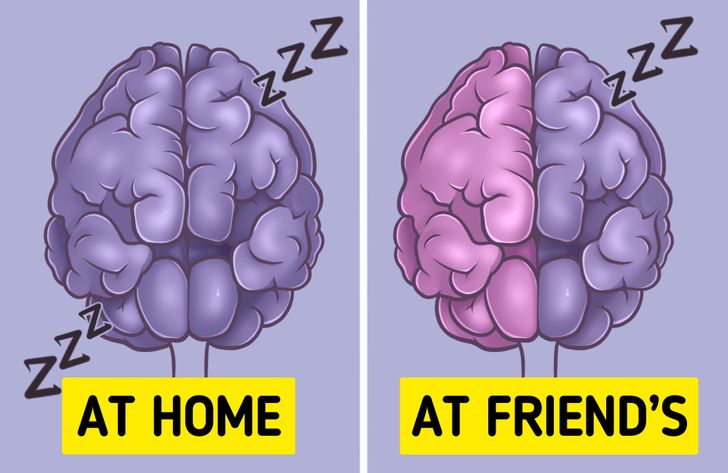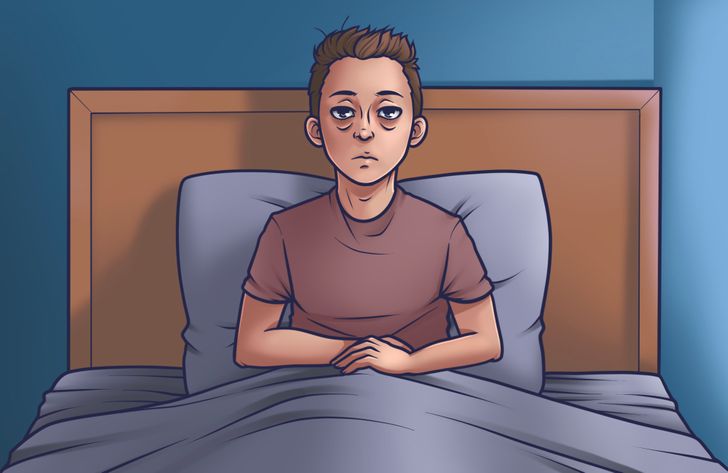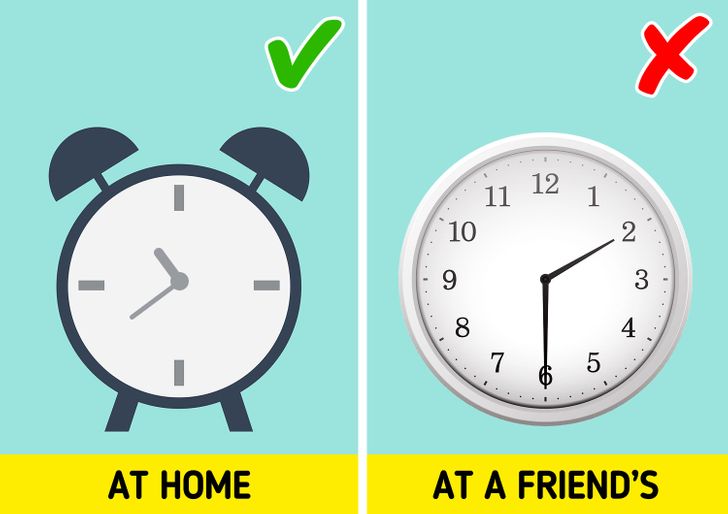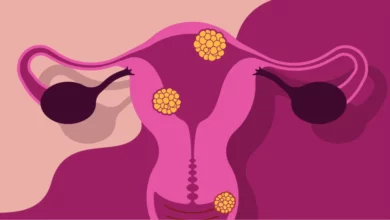A team of scientists from Brown University
recruited 35 healthy volunteers, invited them to spend 2 nights in an equipped lab with a week gap between the nights, and researched their brain activity.
They found an asymmetry in the depth of sleep between the left and right parts of the brain. The left hemisphere was not in as deep a state of sleep as the right one. It was more vulnerable and sensitive to strange (and, thus, potentially dangerous) sounds. One week later, during the second night in the lab, the depth of sleep between the hemispheres was much more symmetrical.
Researchers shared how to overcome FNE.
Although FNE, as a phenomenon, is quite interesting, it may bring a lot of trouble for those who constantly experience it. The lack of sleep may
cause issues like obesity, high blood pressure, or diabetes — however, it’s not as desperate. Scholars say that our brain can be trained to resist FNE when we experience it often. Yuka Sasaki
explains it the following way, “Human brains are very flexible.”
Sleep researchers
came up with several practical tricks that will help you overcome FNE and sleep well no matter where you spend your night. As FNE is connected with sleeping in an unknown place, your goal is to make the place resemble your bedroom.
- Bring something familiar: your pillow, your favorite pajamas, or a hot drink you usually make before going to sleep.
- Keep your ordinary sleep routine: try to go to bed at the exact same time you usually do and follow the ordinary routine rituals you follow at home.
- Make your surroundings as familiar as you can: for instance, try to book a hotel room with the same bed size as you have at home — if you have double beds at home, it might be strange to sleep in a single one.







